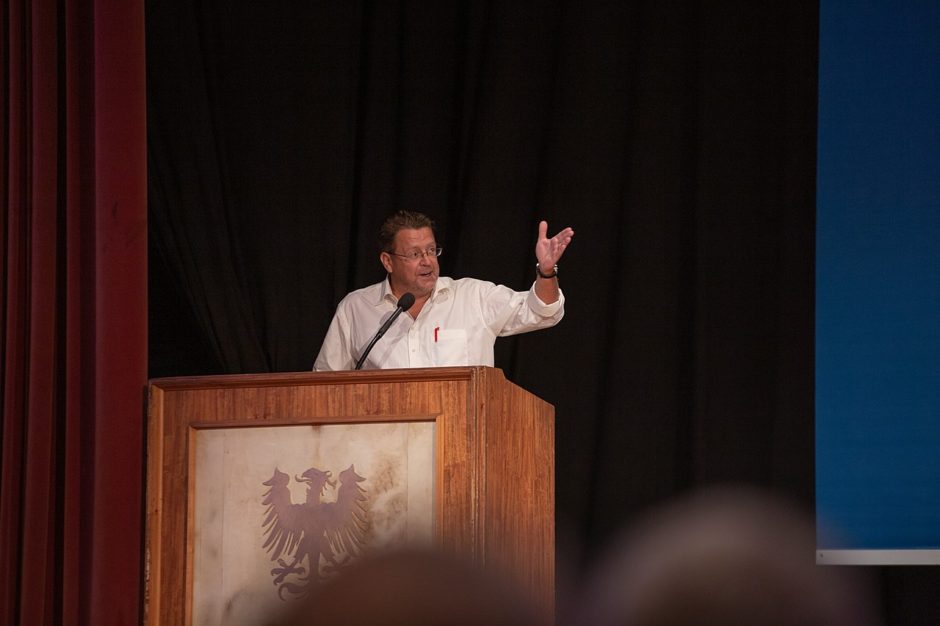Germany has taken the high road to democracy since the 12-year Nazi interregnum, yet some Germans have not learned the lessons of the past.
Stephan Brandner, a member of the far-right Alternative for Germany Party, is one such person, a bigot who rejects tolerance, mutual understanding, pluralism and diversity.
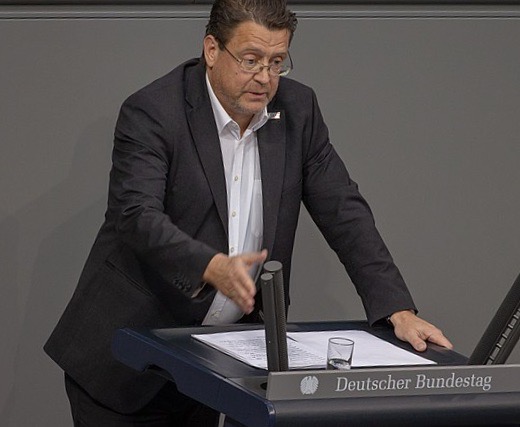
Until very recently, this fellow was chairman of the legal affairs committee in Parliament. But earlier this month, in an unprecedented development in Germany’s postwar history, he was removed from his post.
A parliamentarian from the eastern state of Thuringia, he was stripped of his title after making an offensive comment about a thwarted attack on a synagogue in Halle last month by a neo-Nazi thug. The heavily-armed perpetrator, Stephan Balliet, tried to break into the shul on Yom Kippur. His objective was to kill as many Jewish worshippers as possible. Having failed to achieve his perverted mission, he killed two Germans who happened to be in the wrong place at the wrong time.
The German government, as well as politicians from every party, swiftly condemned Balliet’s murderous rampage. The minister of interior ordered security to be beefed up at synagogues throughout the country.
In a Twitter post, Brandner provoked outrage by questioning the outpouring of German solidarity with Jews and Muslims (who also have been targeted by neo-Nazis). Why, he pointedly asked, were politicians “hanging around synagogues and mosques,” when the two people gunned down by Balliet were Germans.
Brander’s choice of words was clear. His insinuation was that Jews and Muslims are not and cannot be Germans, a philosophy that could have been appropriated from the Nazis.
Apprised of his insulting and unacceptable behavior, Brandner issued an apology. But when he was asked to vacate his position, he stubbornly refused, prompting his colleagues to unanimously remove him from the committee. It’s heartening that his removal was approved by all the major parties — the governing Christian Democrats and Social Democrats, as well as the Greens, Free Democrats and Left Party.
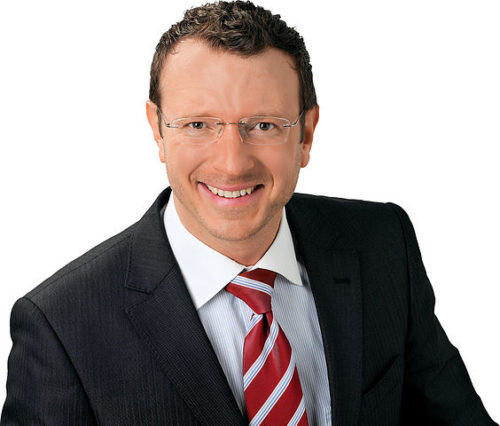
“Brandner’s firing sends a clear signal against hate and harassment,” said Jan-Marco Luczak, a member of the Christian Democrats, in an apt observation concerning mainstream German values today.
To no one’s surprise, Brandner portrayed himself as a victim. “Whatever we do, the other parties just want to kick the AfD in the shins,” he said, referring to the Alternative for Germany Party, which won 94 seats in the Bundestag in the 2017 federal election and which is represented in 14 of Germany’s 16 states. Accusing his colleagues of squelching his right to free speech, he said, “This is a low point for parliamentary democracy in Germany. Speak your mind once and whoops, you’ve lost your job.”

Brandner’s analysis was nothing more than self-serving. Unfortunately, the co-leader of his party, Alexander Gauland, who once described Germany’s mass murder of millions of people as “just a speck of bird shit in 1,000 years of successful German history,” basically agreed with him. Condemning Brandner’s removal, Gauland said he had no problem with his remarks. “I don’t know where the scandal is,” he said in a stunning display of myopia, cynicism or stupidity. “This (dismissal) is an affront to democracy.”

Gauland’s insensitive comments echoed those of his notorious colleague, Bjorn Hocke, who two years ago questioned the purpose of the Memorial to the Murdered Jews of Europe, which was inaugurated in Berlin in 2005.
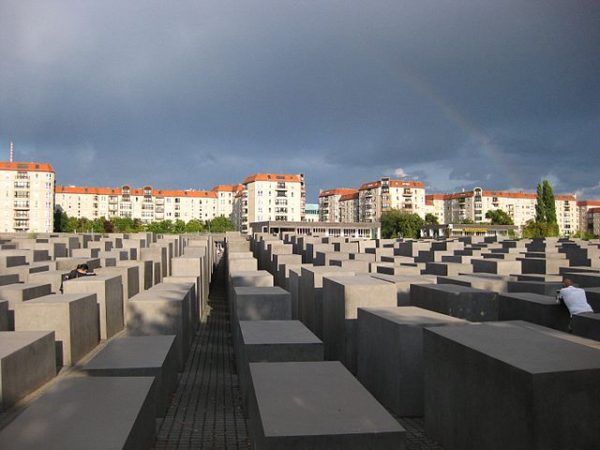
“Germans are the only people in the world who plant a monument of shame in the heart of the capital,” Hocke said. He then proceeded to poke fun at the “laughable policy of coming to terms with the past” and urged the German government to make a “180 degree” turn.
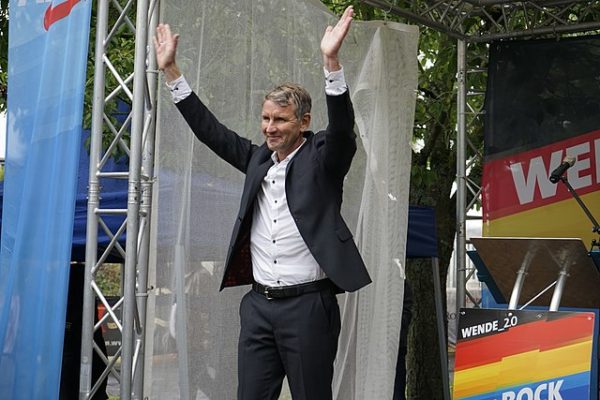
The Brandner affair is symptomatic of a dangerous phenomenon — the growing radicalism of the Alternative for Germany Party. Founded six years ago, it fared poorly in the 2013 federal election, but in the wake of a public outcry over Chancellor Angela Merkel’s open-door policy on Muslim refugees, it broke into the Bundestag. Since then, it has steadily gained seats in a succession of state parliaments.
Its success, a source of concern to Jewish and Muslim communities, coincides with the rise of right-wing populism and the persistence of xenophobia, Islamophobia and antisemitism in Germany. Antisemitic incidents are up by 20 percent over last year, and in a recent survey, 27 percent of respondents agreed with a range of antisemitic tropes and stereotypes.
One can only conclude that Brandner is a product of these unsettling times.
